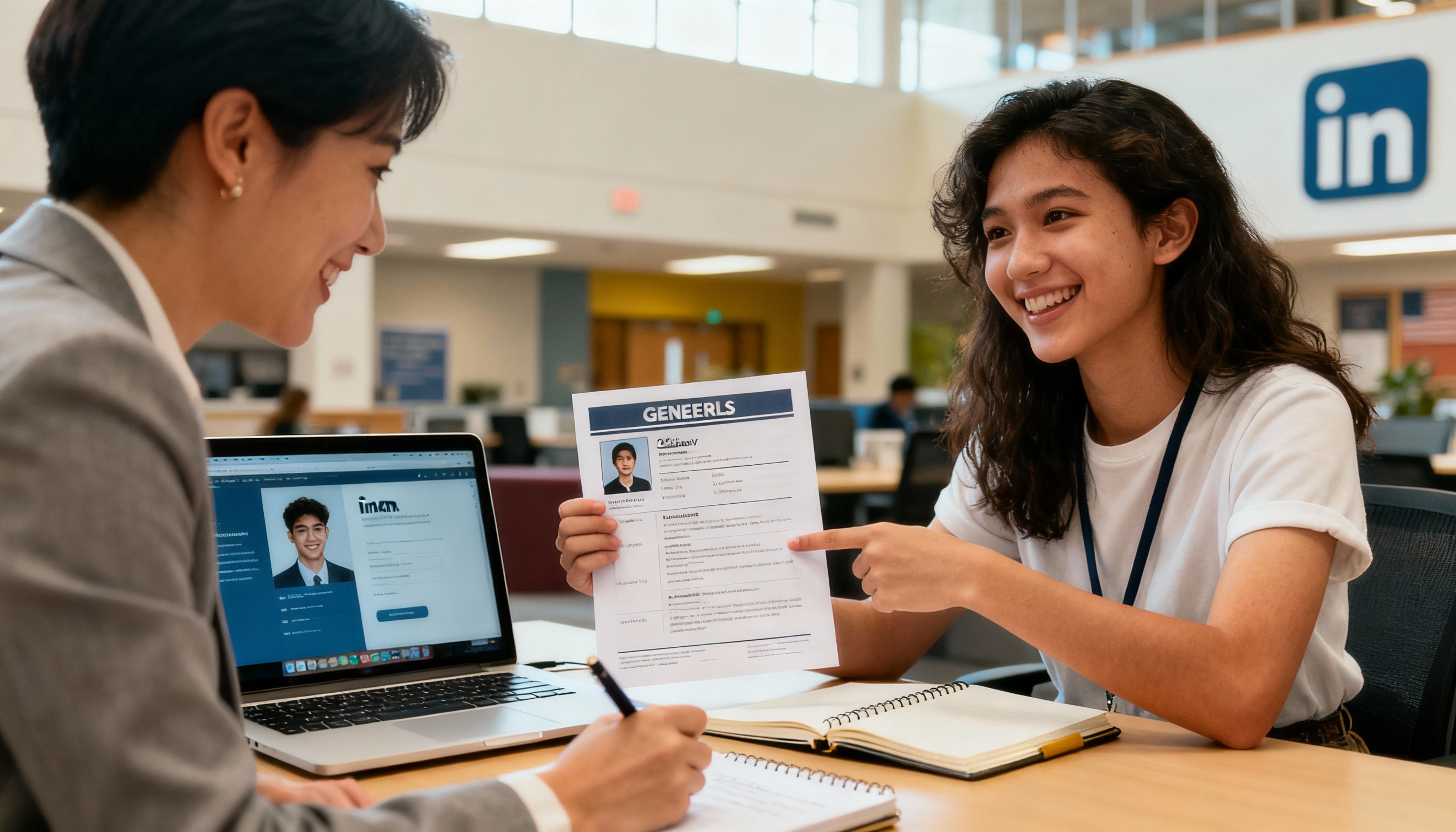
Departure & Arrival
Essential information for arriving in Australia including customs, immigration, transport, OSHC, and student visa conditions.
Arriving in Australia
You should arrive at least one week before your classes start to allow time for your enrolment and orientation. This will ensure you have a smooth transition to living and studying in your new environment.
Before Leaving Home
- Read about your destination at www.australia.com
- Check passport, visa, medical requirements and airline bookings
- Pack carefully for life in a different climate including appropriate clothing, specialized medication and household items
- Have a small amount of Australian currency for initial needs ($100 AUD)
Customs and Immigration on Arrival
Before arrival in Melbourne, you will be given a Customs and Quarantine form to complete. Answer each question carefully as fines for violations are very high. Australia has strict regulations to ensure against diseases and pests. Do not bring any parcels into Australia if you do not know the contents.
Transport from International Airport
Once you have cleared all incoming passenger checkpoints, you will be welcomed to Australia and directed to the Arrivals Hall. If you need to exchange some money into Australian dollars you will find Currency Exchange booths throughout the airport. Public transport is available at all international airports and most regional airports.
Overseas Student Health Cover (OSHC)
Overseas Student Health Cover (OSHC) is compulsory for student visa holders. BUPA is the preferred OSHC Provider for ATMC. For detailed information, please visit BUPA.
Students Supporting Dependants
A student bringing a spouse and/or children to Australia must demonstrate that they have enough money to support them before the Australian Government will issue a visa. It is a condition of the dependant visa that all children between the ages of 5 and 18 must attend school full-time.
Student Visa Conditions
Australian student visa conditions require international students to:
- Maintain full-time attendance
- Maintain satisfactory academic progress
- Notify the University immediately of any changes in address and contact details while in Australia
- Complete their course of study within the period of their student visa
Further information can be found at www.immi.homeaffairs.gov.au